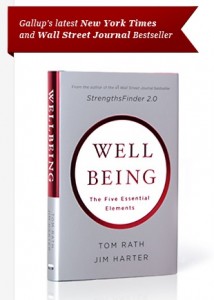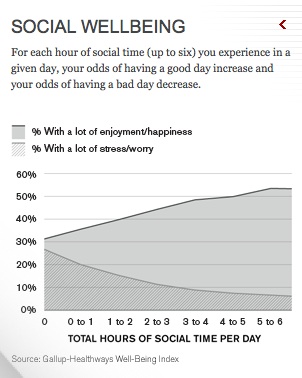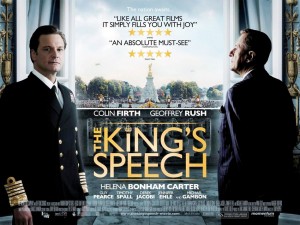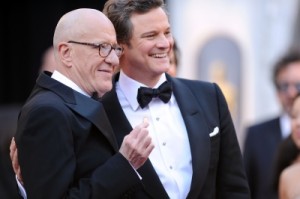 This last weekend I felt an "ah-ha" in my life. One of those moments where my soul recognized words that are true for me.
This last weekend I felt an "ah-ha" in my life. One of those moments where my soul recognized words that are true for me.
I have long been a student of personal growth, wanting to be awake to life. It was my desire for leading growth that guided me to Seminary to earn a Masters of Divinity over a decade ago, and my commitment to expanding growth that keeps me on my lifelong search to not just keep learning, but also to keep un-learning. It's amazing how much we hold that doesn't serve us.
This last weekend, while sitting in a workshop by Marianne Williamson, spiritual teacher and author, I found words that affirm to all of us the significance of our relationships.
How is My Peace Linked to My Relationships?
We know the statistics about how much we need friends for our health, happiness, longevity, stress levels & identity. But, for as important as those words are, there is a depth that can sometimes lack.
Williamson, who teaches from The Course in Miracles, touches that depth.
- That we all have the same ultimate goal: Inner Peace.
- That we all have to go through the same process to find it: Forgiveness.
- And, that, on this planet, our curriculum for practicing that is: Our Relationships.
I'd imagine the first step resonates with most of us? Pretty much everything we do is motivated by a hunger to feel that we're enough, that we're worthy, that we're special, that we're acceptable. Henri Nouwen, a Catholic priest and writer, once wrote that 'arrogance and insecurity are two-sides of the same coin.' To be in a space where we know our worth allows us to be both humbled by our value, and wowed by the infinite possibility.
It's the second step that I think is counter-intuitive. Most of us are trying to find our peace through our titles, our bank accounts, our square footage, our fame, our sense of being chosen by someone, or our hopes we place on our children. Even as we read this, we can probably see how little it is working. We all know people who have more of everything we want and still don't live from a place of peace. Cognitively, we know that achieving the next rung on our ladder won't bring the peace, but trying telling that to our egoes.
Even as we can grasp that we won't find a lasting peace in losing that extra weight, getting that promotion, or finding the perfect romance, neither do we probably see forgiveness as the solution.
Forgiveness is a topic that entire movies and books try to cover, so far be it from me to adequately capture it in one paragraph. In essence, though, it is the gift we've been given that allows us to choose love over fear. The miracle referred to in the course: the willingness to shift how we perceive a situation or person. The whisper of a prayer "I am willing to see this differently."
As Williamson, in her book, A Return to Love, says:
"We're not asking for something outside us to change, but for something inside us to change."
That we might become more loving. Therein lies the purpose of our lives. It is in the 'letting go' of our fears, anger, defenses, and past stories that we can find our peace. It truly is counter-intuitive. And both very simple, and very hard.
Why Relationships Really Matter
If you're anything close to human, the word forgiveness is full of more emotion than almost any other word we could whisper. As a pastor who has journeyed with people from all walks of life, I can attest that I have never met anyone who hasn't had to stand face-to-face with the meaning of this word. We live in a world where fear and ego seem to reign. And few things seem to hold more truth to us than the wrongs that were committed against us or others we love.
Forgiveness, while feeling as though it lets someone else off the hook, really is an invitation to us to get off the hook we are on. Forgiveness doesn't mean we don't set boundaries, stay in relationships that wound, or ever understand why the other did what they did. Rather, forgiveness is a call to continually remove the obstacle of fear from our lives that we might better receive and give love.
And there is no where you can practice this path to inner peace than in our relationships. In every relationship-- from the most casual of encounters to the lifelong commitments we make to people-- we are encouraged to experience our peace.
How we treat the people we meet either increases our love or increases our fear, determining the person we will become.
"Spiritual growth isn't just about me. It's about the person in front of me." --Marianne Williamson
______________________
I plan to unpack this theme more in a future blog... feel free to leave your questions, experiences or comments.
Also two articles of mine that were published other places last week, if you're interested: Three Steps to Summer Socializing on Huffington Post and 7 Ways Twitter Can Benefit Your Business on Crave. If you're not following me on Twitter or facebook-- I extend the invitation to join those communities. Blessings on you this week.







